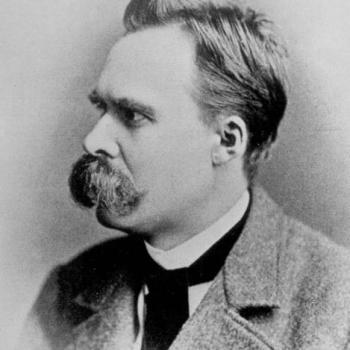Economics columnist Robert J. Samuelson points out that before we can cut government spending, we need to arrive at a philosophy of government:
Modern democracies have created a new morality. Government benefits, once conferred, cannot be revoked. People expect them and consider them property rights. Just as government cannot randomly confiscate property, it cannot withdraw benefits without violating a moral code. The old-fashioned idea that government policies should serve the “national interest” has given way to inertia and squatters’ rights.
One task of the National Commission on Fiscal Responsibility and Reform – co-chaired by Erskine Bowles and Alan Simpson – was to discredit this self-serving morality. Otherwise, changing the budget will be hard, maybe impossible. If everyone feels morally entitled to existing benefits and tax breaks, public opinion will remain hopelessly muddled: desirous in the abstract of curbing budget deficits but adamant about keeping all of Social Security, Medicare and everything else. Politicians will be scared to make tough decisions for fear of voter reprisals.
Unfortunately, Bowles and Simpson ducked this political challenge. They performed an accounting exercise to shrink the deficit without trying to define what government should do and why. . . .
It’s not in the national interest to subsidize farmers, because food would be produced at low cost without subsidies. It’s not in the national interest to subsidize Americans, through Social Security and Medicare, for the last 20 or 25 years of their lives because healthier people live longer and the huge costs make the budget unmanageable. It’s not in the national interest to subsidize mass transit, because most benefits are enjoyed locally: If the locals want mass transit, they should pay for it. As we debate these questions, groups will inevitably promote their self-interest. But in doing so, they should have to meet exacting standards that their self-interest also serves the broader national interest. . . .
The biggest blunder of their approach involved huge proposed cuts in defense, about a fifth of federal spending. National security is government’s first job. Bowles and Simpson reduced it proportionately with all other discretionary spending as if there’s no difference between a dollar for defense and a dollar for art subsidies. Nor was there much effort to identify programs that should be eliminated because they fail the national need test. . . .
This was a formula for changing government without a philosophy of government.
via Robert J. Samuelson – What the Bowles-Simpson plan left out.
OK, let’s help formulate a philosophy of government that could set some priorities and thus help us make decisions about the national budget. (That’s what I have to as a college administrator, come to think of it! We set priorities and then we work out the budget accordingly.)
What do you think the government should do? What difference would that make in what gets budgeted and what gets cut?
















